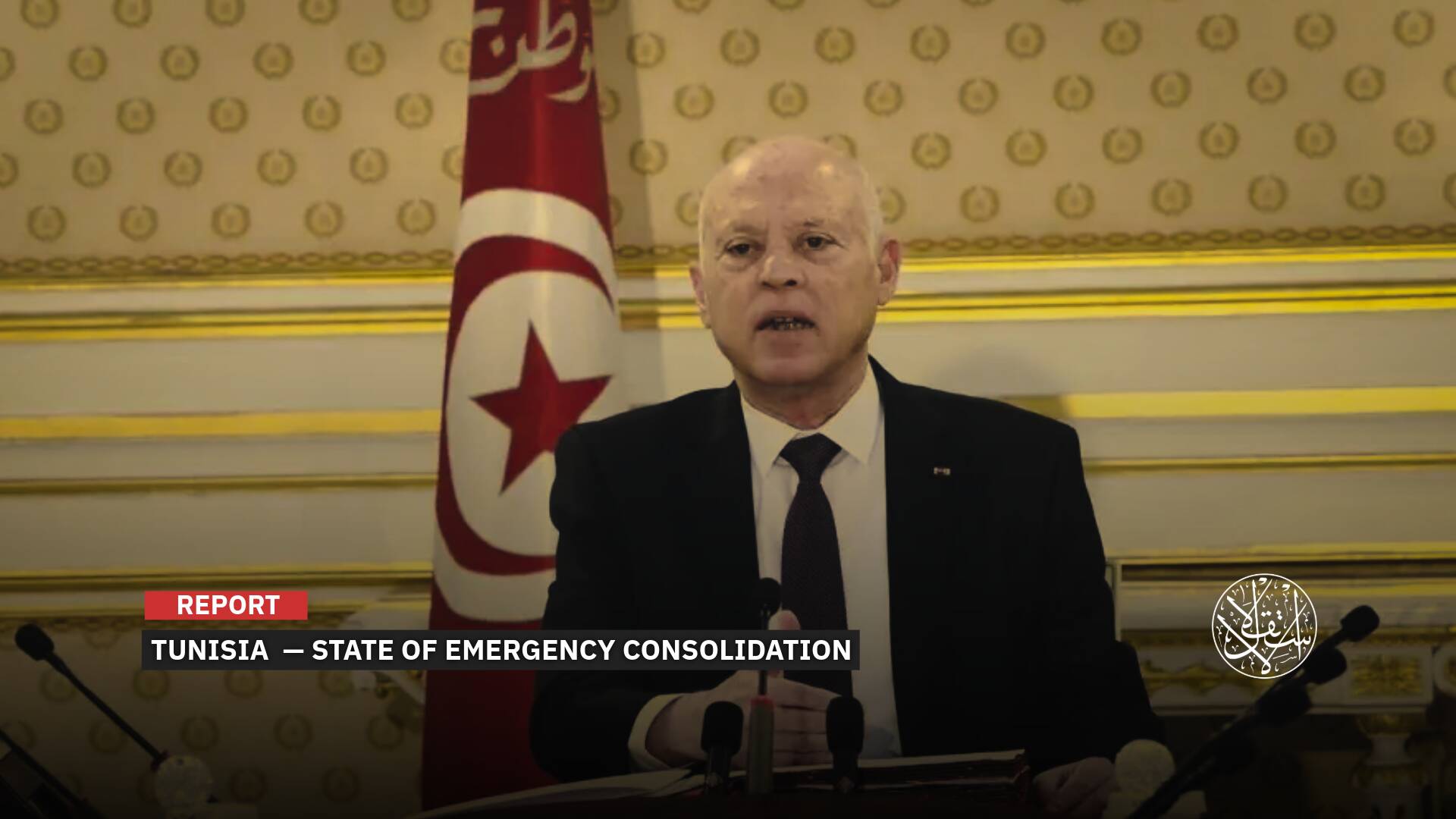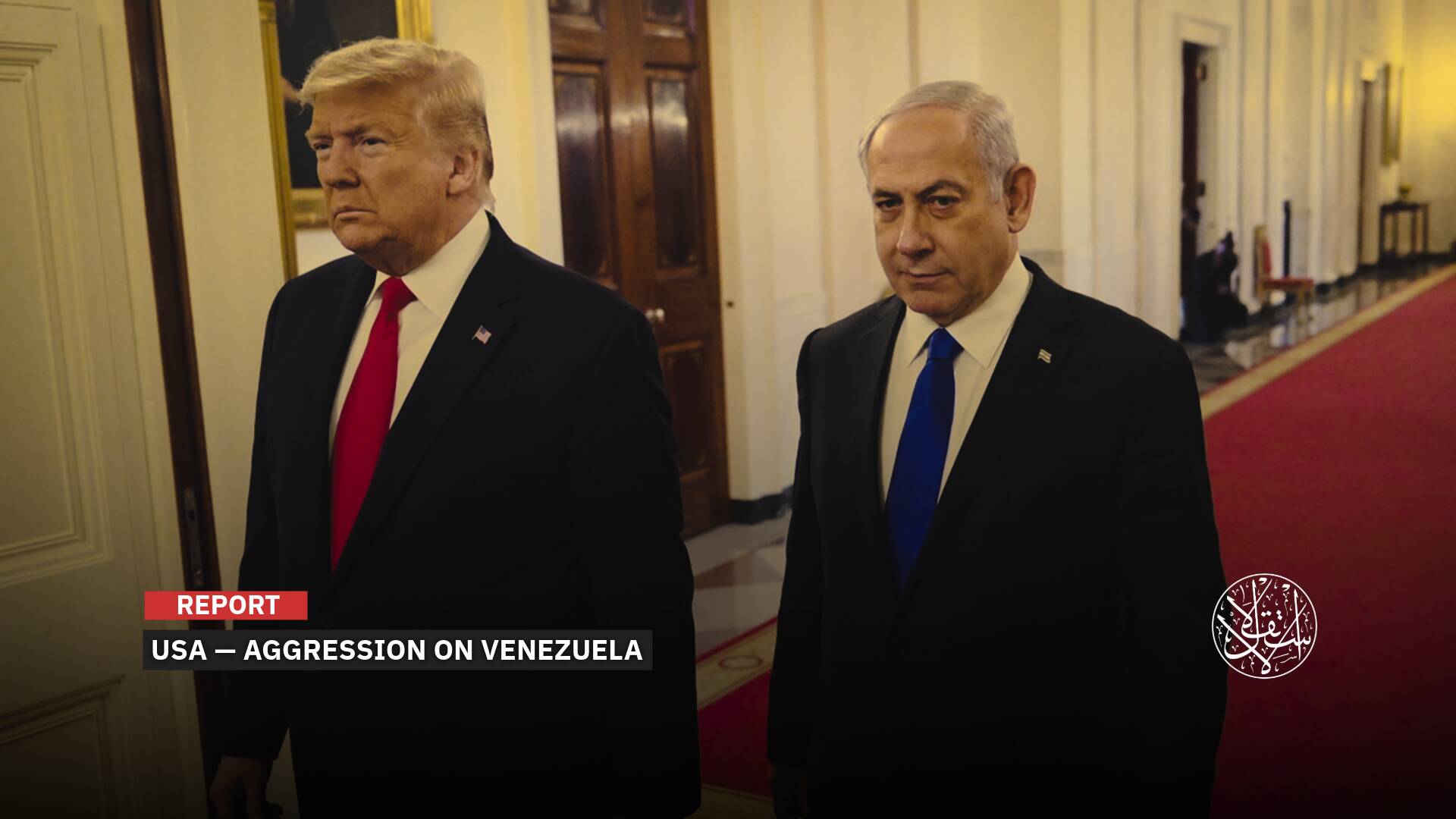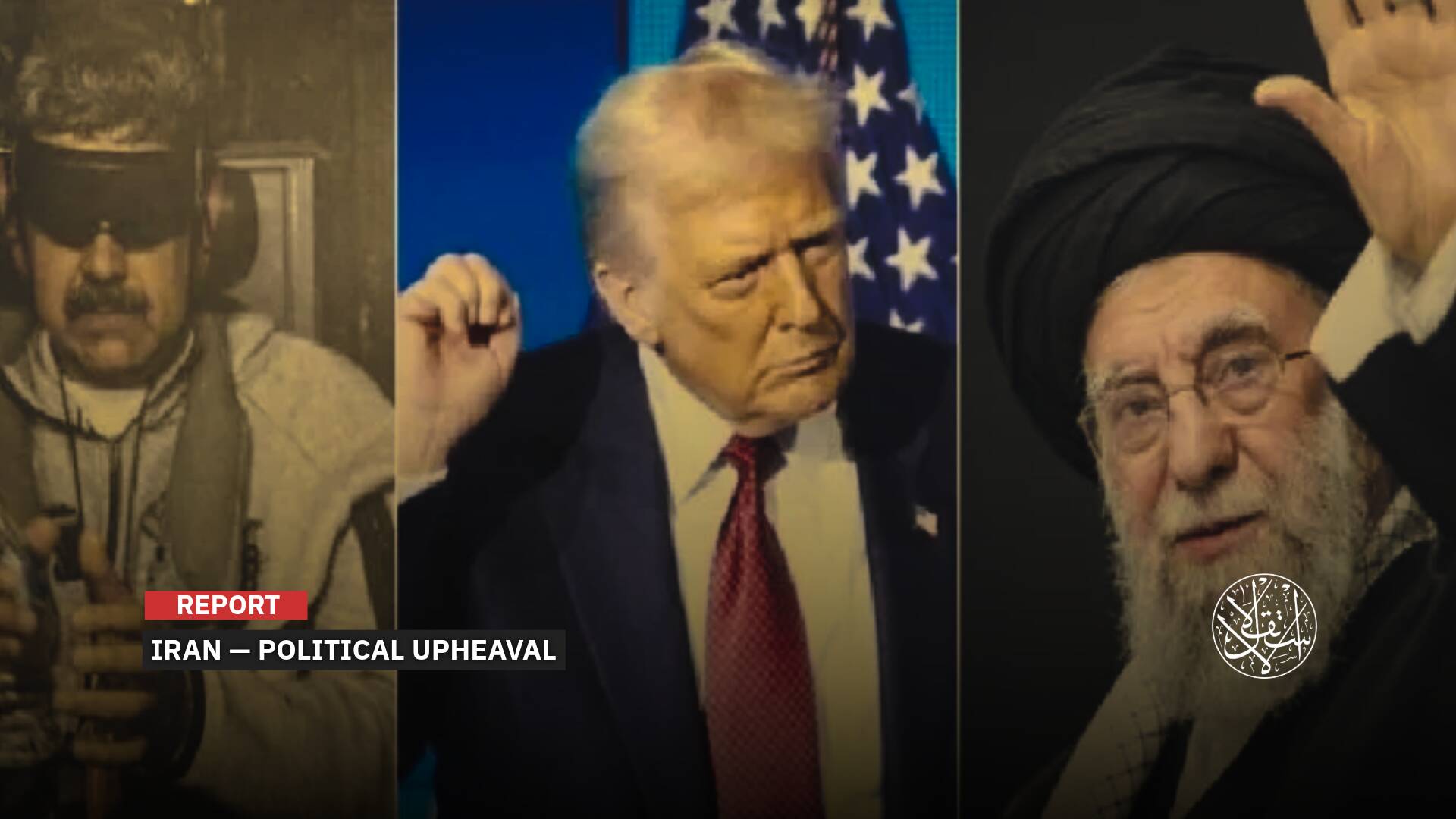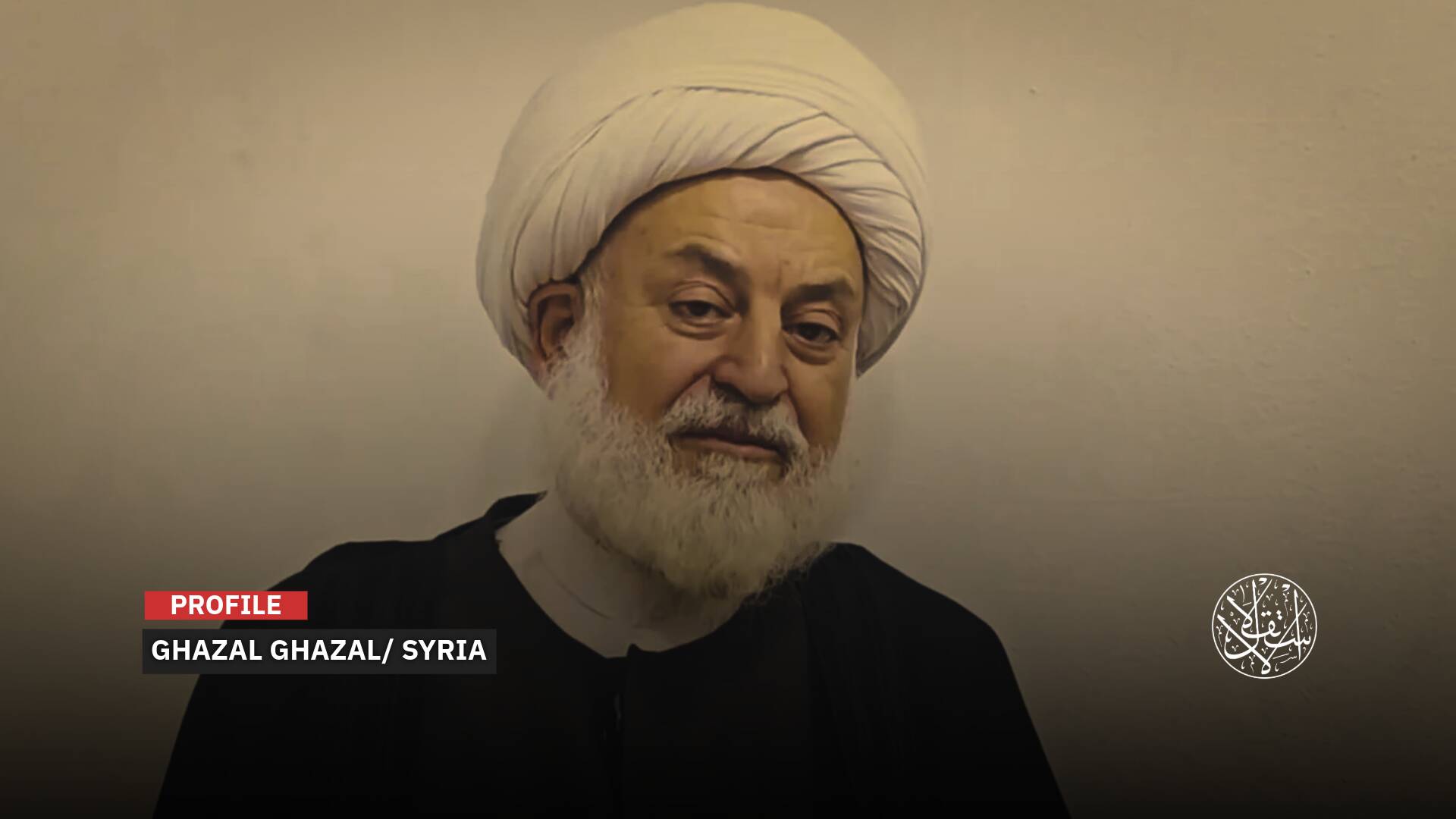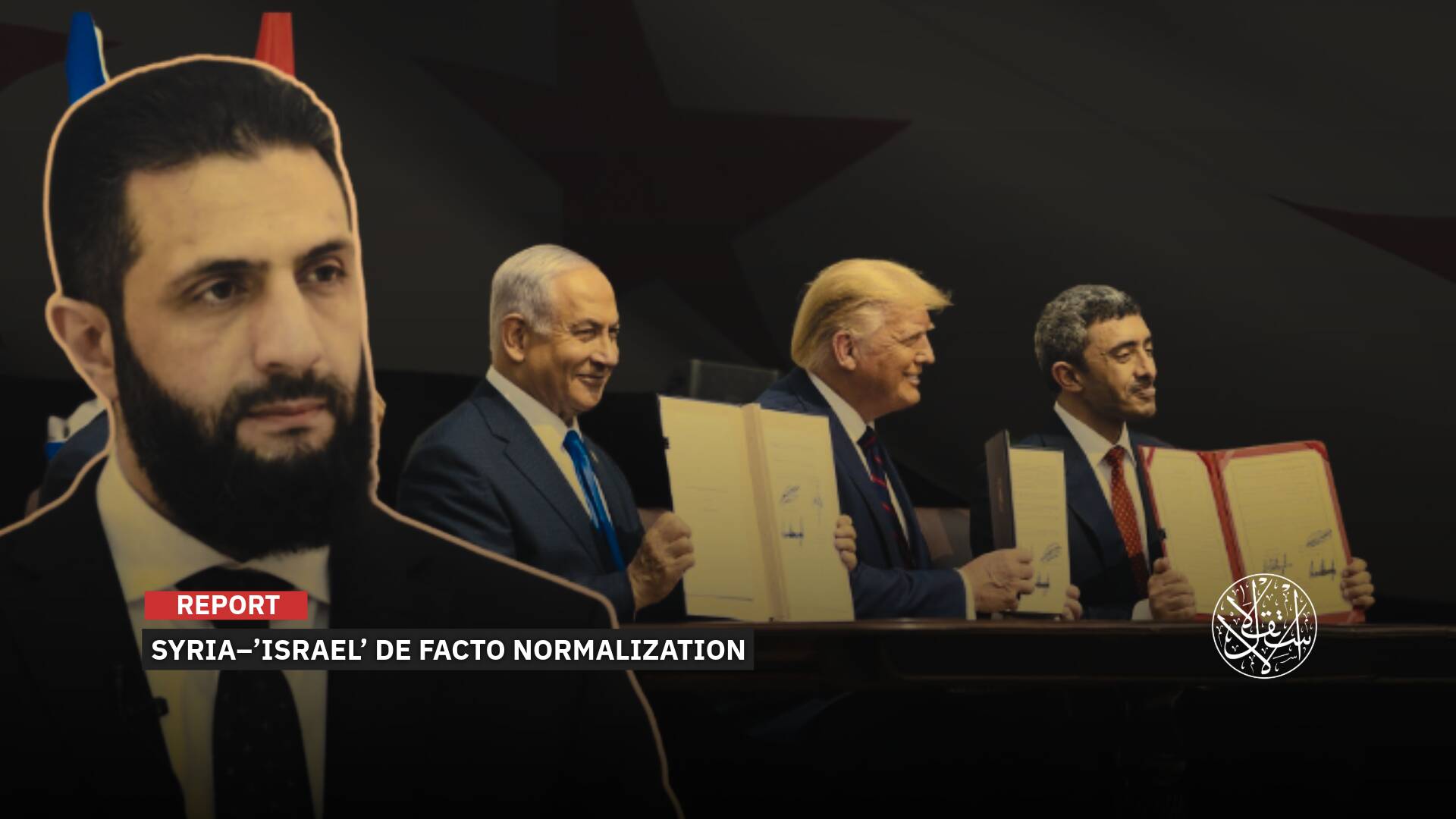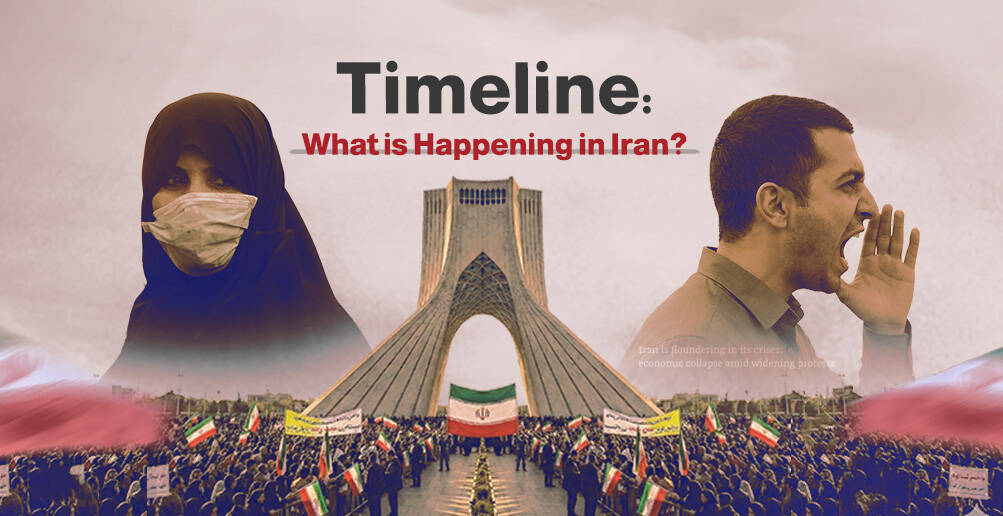Hidden Dimensions: How Trump Seeks to Impose Normalization Between Syria and “Israel”

“Control of the Golan Heights has long been a source of tension between Israel and Syria.”
Normalization between “Israel” and Syria has once again returned to the forefront of the Middle Eastern political scene, especially with successive statements by American, Israeli, and Syrian officials outlining the opportunities and conditions for reaching a peace agreement between Damascus and “Tel Aviv.”
With the fall of Bashar al-Assad's regime, a state of uncertainty prevailed in Tel Aviv regarding the new Syrian administration.
The Israeli government acted provocatively, launching a unilateral war against Syria. However, Damascus remained calm in the face of this Israeli aggression.
The two countries have no official diplomatic relations, with Syria not recognizing “Israel” and the two nations technically at war since 1948.
For decades, Syria has been in a position of absolute rejection of any normalization with “Israel” outside the framework of regaining the occupied territories, most notably the Golan Heights.
However, recent leaks indicate an Israeli and American attempt to push the new Syrian administration toward normalization, using dual pressure and inducements such as lifting sanctions on the one hand and promoting a halt to Israeli aggression on the other.
Possible Deal
US President Donald Trump lifted economic sanctions on Syria on June 30, seeking to bolster the fledgling government in Damascus, which has pledged to end hostilities with “Israel”, according to the Wall Street Journal.
Ron Dermer, “Israel's” Minister of Strategic Affairs, is currently in Washington to discuss, among other issues, an agreement that would establish formal relations between Syria and “Israel”.
According to the same newspaper, citing Arab officials, back channels between “Israel” and Syria were established several months ago, with the encouragement of Qatar and Saudi Arabia.
Axios reported that “Israel” is communicating with Syria through at least four different channels, including Netanyahu's National Security Advisor Tzachi Hanegbi, Mossad Director David Barnea, and Foreign Minister Gideon Sa'ar.
In a development that could reshape regional balances after years of hostility, Axios reported, citing US officials, that the Trump administration has begun preliminary talks aimed at reaching a potential security agreement between Tel Aviv and Damascus.
The stated goal of these talks is not normalization at this stage, but rather reducing tensions and securing the border.
However, an Israeli official indicated that Tel Aviv is seeking assurances that these security talks will ultimately lead to full normalization of relations with Syria.
Another Israeli official noted that any tangible progress on this path will take a relatively long time, even under US sponsorship.
Officials who spoke to Axios stated that the current Israeli strategy aims to reach a gradual agreement with Syria, beginning with a first phase of amending the 1974 Disengagement Agreement, which stipulated the establishment of a demilitarized zone in the Golan Heights under the supervision of the UNDOF.
However, “Israel” has repeatedly violated the agreement, particularly after the fall of the Assad regime, through military incursions into the buffer zone and airstrikes on sites in the south and center of the country.
On the other hand, “Israel” is using Syrian areas under its occupation as bargaining chips and to pressure the new Syrian administration.
Israeli officials claim that any withdrawal from these sites will only occur within the framework of a comprehensive normalization deal with Syria.
On June 30, Israeli Foreign Minister Gideon Sa'ar stated that “Israel” is open to normalizing relations with Syria and Lebanon, provided the Golan Heights remain under Israeli sovereignty.
Sa'ar's statement reaffirms Tel Aviv's commitment to its 1981 decision to annex the Golan Heights, which has not received any international recognition, except for the United States in 2019.
According to Israeli officials, Tel Aviv is counting on a more effective American role in pressuring Damascus to accept this equation.
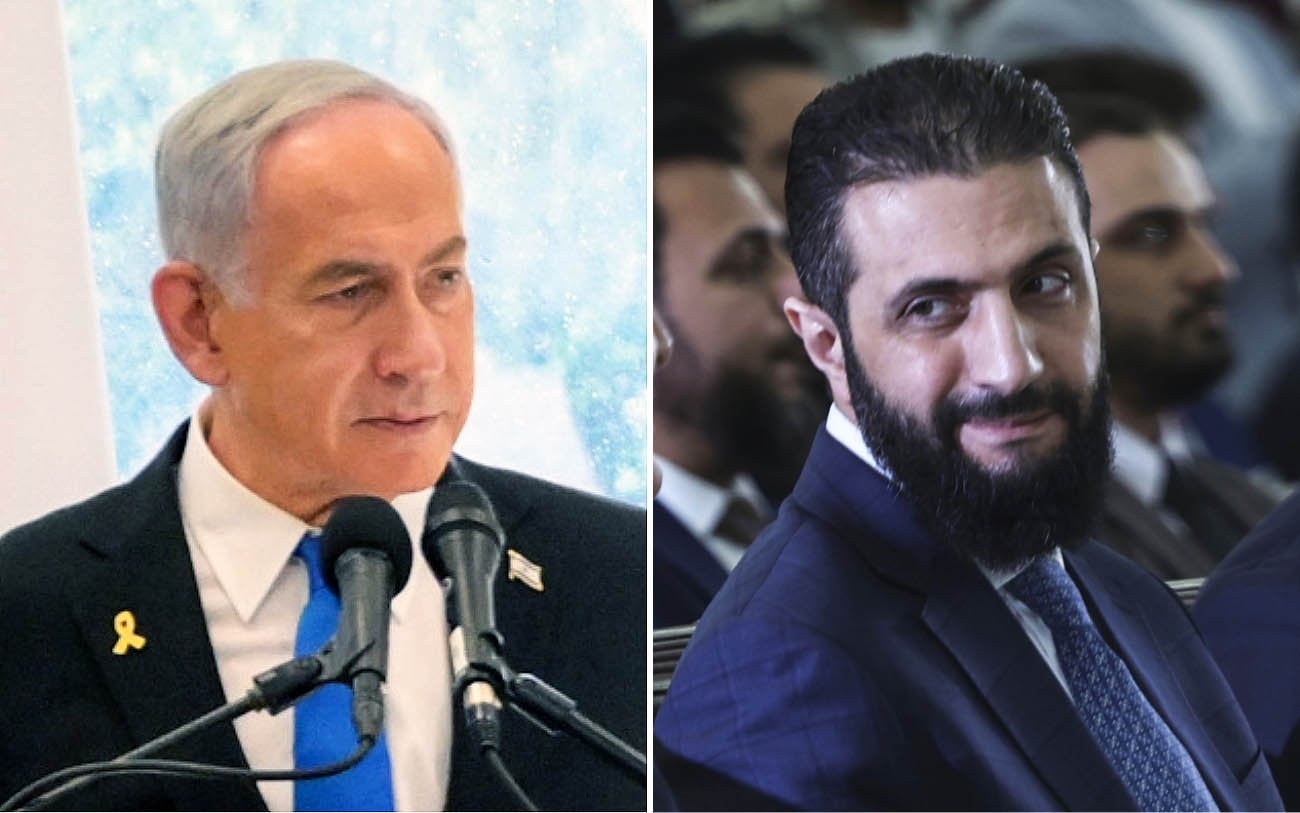
Political Efforts
In recent days, a series of leaks to the Israeli media have emerged alleging ongoing talks between Damascus and Tel Aviv, some directly, others through international mediators.
The most controversial of these leaks was reported by the Israeli channel i24, citing an unidentified source close to the Syrian government, who said that a peace agreement between Syria and “Israel” would be signed before the end of 2025.
He noted that the Golan Heights would be transformed into what he described as a peace park, with a gradual Israeli withdrawal from the areas it occupied in southern Syria after December 8, 2024, including the summit of Mount Hermon.
However, this scenario appears completely detached from the reality on the ground.
In recent weeks, “Israel” has intensified its attacks and incursions into southern Syria, destroying homes, targeting educational facilities, and continuing its arrest campaigns, with repeated incursions into the buffer zone.
Observers believe that talk of peace and gardens between Damascus and Tel Aviv has become more like propaganda aimed at misleading public opinion than a proposal for a viable political solution.
In contrast, no official Syrian position has been recorded confirming or adopting these allegations, with the exception of President Ahmed al-Sharaa, who has limited himself to repeated statements about the existence of indirect negotiations conducted through international mediators aimed at halting Israeli attacks, without mentioning any normalization process or peace agreement.
Al-Sharaa had previously mentioned this mediation during a joint press conference with French President Emmanuel Macron several months ago, and then reaffirmed it recently, renewing his demand that “Israel” cease its military and security interventions in Syrian affairs.
The German Press Agency quoted sources described as close to decision-making circles in Damascus as saying that al-Sharaa is not prepared to sign a comprehensive peace agreement with “Israel” at the present time, but he does not rule out a security deal related to border security.
During a meeting with dignitaries and notables from Quneitra and the Golan Heights in Damascus, al-Sharaa explained that his government is making strenuous political efforts to halt Israeli military violations.
He expressed his administration's commitment to resolving conflicts through diplomatic means and avoiding escalation with its neighbors.
The Syrian leadership has repeatedly emphasized that Syria will not pose a threat to any external party, including “Israel”, but Tel Aviv has remained wary of Damascus and has continued its expansionist policies throughout southern Syria.
However, Syria has condemned the repeated Israeli airstrikes, which have targeted military sites and infrastructure, resulting in deaths and injuries among civilians and soldiers.
Prior to that, al-Sharaa conveyed his openness to the Abraham Accords to both Cory Mills and Martin Stutzman during separate one-on-ones with the two reps, who were the first sitting members of Congress to visit Syria’s new leader.
In exchange, al-Sharaa wanted assurances that “Israel” would stop bombing Syria, stop fomenting sectarian divisions and reach a renegotiated arrangement regarding the Golan Heights.
Amid these conflicting positions, the Israeli leaks, with their exaggerations and impossible conditions, appear, according to analysts, to be more of an attempt to test Arab and Syrian sentiment toward the idea of normalization in general.
Others, on the other hand, view them as part of a broader project aimed at reshaping new alliances in the Middle East under American cover and the Abraham Accords.

New Reality
In a related context, the newspaper Israel Hayom revealed on June 24 details of a meeting held in the Knesset, in which the head of the Israeli National Security Council, Tzachi Hanegbi, said he was directly conducting a dialogue with the Syrian government.
According to the newspaper, Hanegbi hinted at the possibility of Syria and Lebanon joining the Abraham Accords, in what would be the most extensive move of its kind since the agreements were signed in 2020.
He did not deny these leaks, but he refrained from discussing them publicly, saying that the inability to speak freely within Knesset committees will weaken the Israeli position.
In contrast, Washington appears not to be denying these moves, but rather blessing them in its own way.
US President Donald Trump stated in an interview with Fox News, “We have great countries in the Abraham Accords, and I think we'll start adding more.”
When asked about the possibility of Syria joining and normalizing relations with “Israel”, he replied, “I don't know, but I lifted the sanctions on it, and that's important.”
For its part, the Hebrew newspaper Yedioth Ahronoth reported that the country currently closest to joining the Abraham Accords is Syria.
“There is a rare intersection of interests between the new Syrian administration, which wants to attract foreign investment and lift sanctions on the country, and Israel, which seeks to ensure security on its northern border,” it noted.
It emphasized that this is not about a warm peace or opening embassies—it's just about a security agreement.
“The potential understanding between Israel and Syria does not include any change in sovereignty over the Golan Heights—it's only gradual steps within Syrian territory,” it stated.
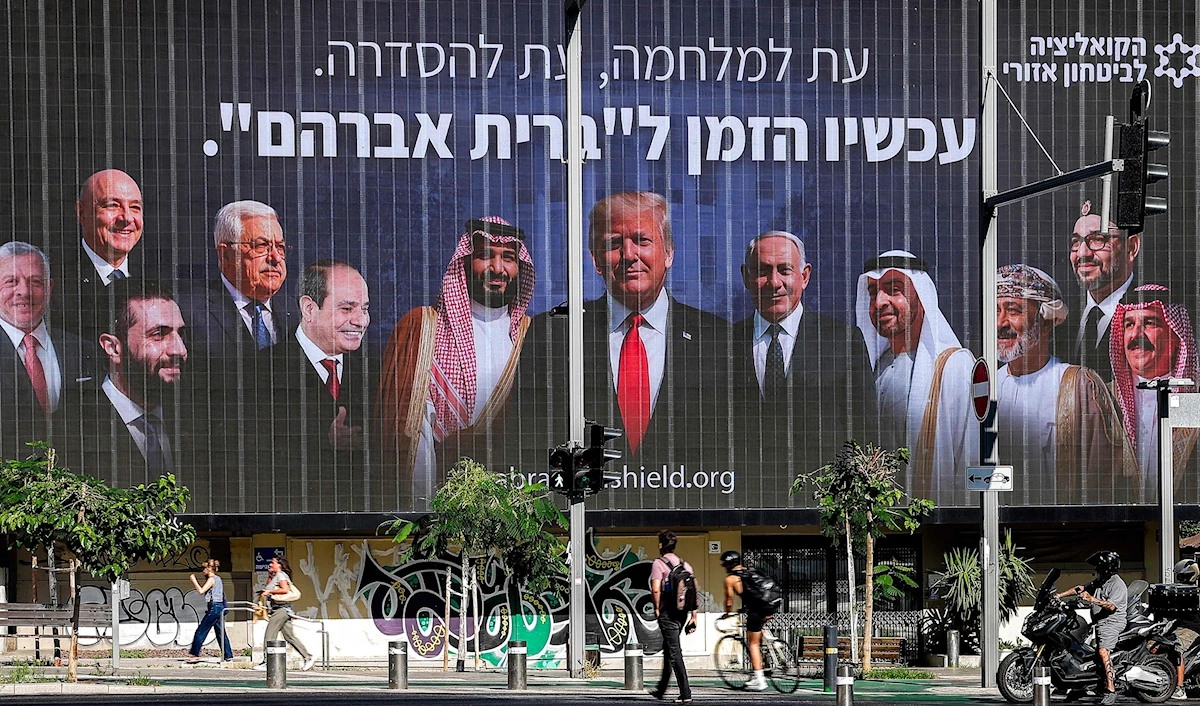
In turn, political analyst Wael Alwan explained to Al-Estiklal that “there is an American project sponsored by Trump since his first term to end the Palestinian and Arab conflict with Israel, and it is being re-proposed today with the development of relations between the U.S. and the new Syrian administration, in an attempt to include Arab countries in it.”
“Trump said weeks ago that Syria would eventually join the Abraham Accords, which is one of the main directives the US president presented to his Syrian counterpart during their meeting, noting that al-Sharaa expressed initial approval,” he added.
“Israel is trying to present any consultations held or to be held with the new Syrian administration as a prelude to a new understanding or as a cover for a full normalization agreement,” Mr. Alwan said.
Sources
- Trump signs executive order lifting most sanctions on Syria
- Trump Lifts Sanctions on Syria as It Holds Talks on Diplomatic Ties With Israel
- Syria Ready to Work With US to Return to 1974 Disengagement Deal With Israel
- Israel and Syria will sign a peace agreement before the end of 2025
- National Security Council Chief Hanegbi: There is a direct dialogue between Israel and the Syrian regime


